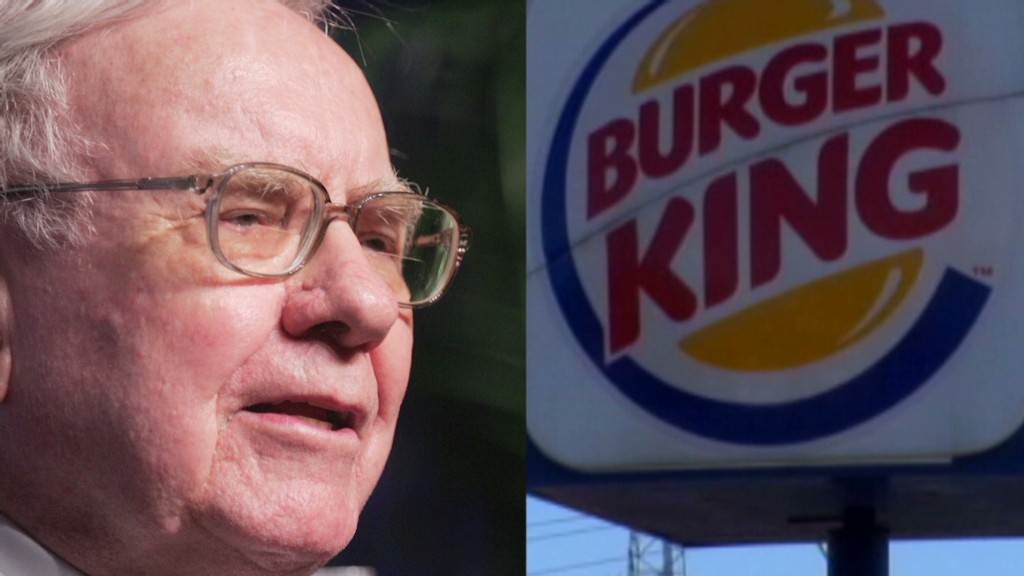
Burger King says its controversial deal with Tim Horton's wasn't about taxes. But a liberal group opposed to the merger tallied it up and found big savings.
The company could be spared at least $400 million from its U.S. tax bill over the next four years, according to the liberal group Americans for Tax Fairness.
The deal, known as a "corporate inversion," could also save Burger King (BKW) shareholders as much as $820 million in capital gains taxes, according to the group.
"Burger King's inversion adds up to a 'whopper' of a tax dodge," the group said in its report.
Burger King rejected those numbers and said "we do not expect our tax rate to change materially."
"The analysis in the report is materially flawed and the figures do not accurately represent our facts and circumstances," Burger King said in a statement. "As we've said all along, this transaction is driven by growth, not tax rates."
Related: How Burger King can save on U.S. taxes
The company has consistently said it would "continue to pay all our federal, state and local U.S. taxes." Even as it does, the company could still reap substantial savings, because profits made in foreign countries would not be taxed in the U.S. (The impartial fact checker Politifact considered the company's statements in August and, because of the nuances, rated them "half true.")
It did not provide information on how its estimates differed from those of Americans for Tax Fairness.
Related: Seven things you absolutely must know about corporate taxes
But the group's full report points out the many ways which the final numbers could vary from its estimates. For example, it said the $800 million in capital gains taxes assumes all shareholders "would have paid taxes if not for the structure of the deal."
Burger King isn't expected to close U.S. restaurants or move its corporate headquarters from Miami. But some customers threatened to boycott because of the merger with Tim Horton (THI). The deal followed a string of similar moves that saw U.S. companies buy rivals in countries like Ireland and Great Britain with preferable tax situations.
